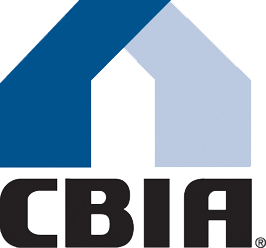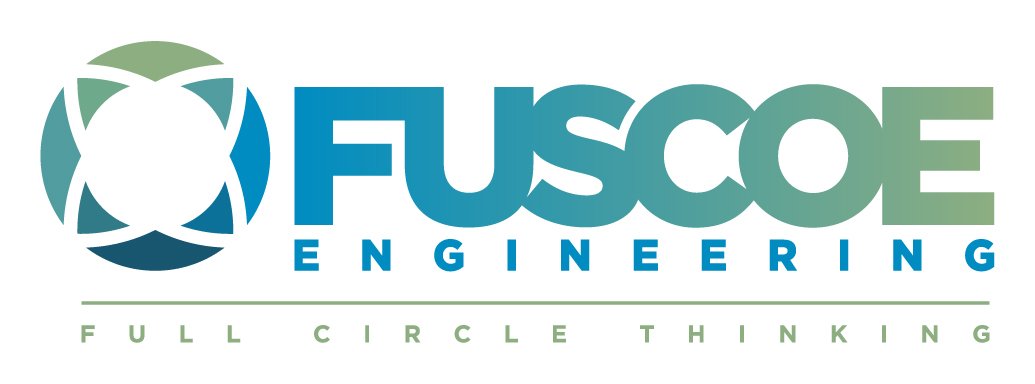by Phillip B. Burum, DR Horton,
President, Building Industry Association (BIA) Baldy View Chapter
For Southern Californians, it is axiomatic that periods of generous rainfall will be followed by warmer-than-usual summers. Our region, which typifies a Mediterranean Climate, exists in a constant state of flux in terms of water supply. The rivers, lakes and mountain streams may be flowing at peak levels today but, the nature of our climate presupposes periods of drought are almost certain to follow in the coming years. Using water wisely is as important today as it was in the base of the drought five years ago. In addition to the environmental benefits of being ‘water wise,’ it just makes good economic sense for homeowners to limit waste of our most valuable natural resource.
Nearly 60 percent of residential water use in the Inland Empire occurs outside of our homes. As we prepare for the dry heat of the summer, every homeowner should take a moment to consider their personal use of water. During this period of deep contemplation, be sure to visit www.bewaterwise.com. The Metropolitan Water District and the Family of Southern California Water Agencies host this website to provide information on, and encouragement of, water conservation.
After pondering the tips provided on being water wise and the effects of a potential landscaping revisions and enhancements, homeowners should visit their own water provider’s and city’s websites to see if they offer rebates or other incentives that might be obtained for modernizing an irrigation system or replacing turf with a more drought-tolerant designs.
Reducing water consumption, surprisingly enough, does not necessarily mandate removal and replacement of a lawn. Incorporating a few basic steps into your maintenance regime will go a long way towards preserving our water supply. Start by making periodic inspections of your irrigation system, addressing appropriate repairs or upgrades as needed. Overwatered lawns or malfunctioning sprinkler heads account for a large part of the average daily use of a typical home.
After mowing, leave grass clippings in place. Lawns tend to lose more water and nutrients when clippings are removed. Maintain your lawnmower and mow regularly. Dull lawnmower blades and cutting too deeply when you mow cause unnecessary stress to the lawn, making it work harder to recover and grow. The extra effort your grass is exerting to maintain growth may require up to 40 percent more water. I do not have an advanced degree in plant psychology but, based on the physical effects, as measured by actual scientists, I can say [with only a hint of a sarcastic chuckle] that causing your grass to stress out will cost you money.
Limit watering to morning or at dusk and limit the number of days you water. In most circumstances, lawns will stay green if they receive three quarters of an inch of water per week. Watering only a few times per week should be enough to quench its thirst. Consider replacing older sprinkler systems with drip irrigation, which provide a better control to the amount of water directed to a specific area.
If you have decided to embrace conservation fully, enter the word ‘Xeriscape’or ‘desertscape’ into your favorite web browser. You will find a plethora of information on how to transform your water-gobbling lawn into a beautiful mixture of hard and softscape designed to thrive with little to no water at all.
For homeowners in our region, using water wisely must become the norm rather than the exception. The good news is that retraining our way of thinking is the most difficult part of this process. Saving water is good for California and it’s good for homeowners so embrace the idea of the change and find the conservation methods that suit your needs and budget best.
For more information on landscaping, conserving water, and the psychological impacts you may have been unknowingly inflicting on your lawn, visit our www.biabuild.com website and have a great Fourth of July.
*****

































